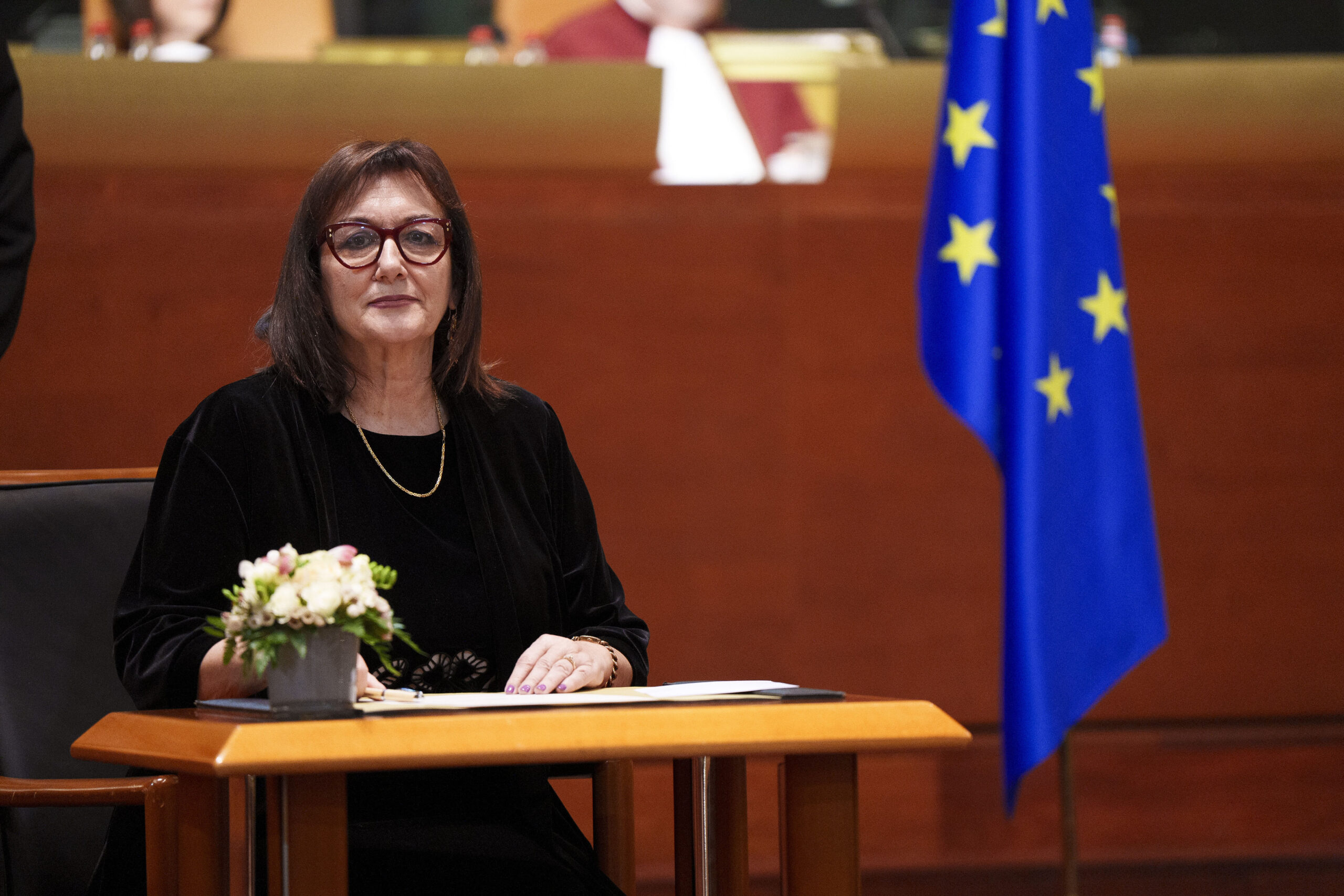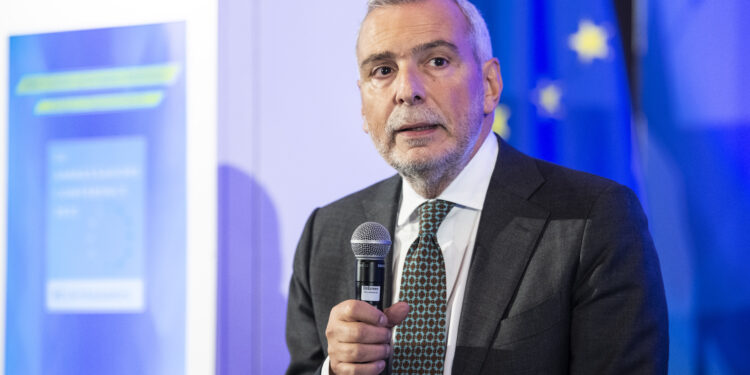Brussels – First day at work for the European Commission’s Directorate-General for the Middle East, North Africa and the Gulf (DG MENA), the 500-strong corps of officials that Ursula von der Leyen has placed at the disposal of the new commissioner for the Mediterranean, Dubravka Šuica. At the head of the department is Italian diplomat (former secretary general of the European External Action Service, EEAS) Stefano Sannino. At the same time, the new DG for Enlargement and the Eastern Neighborhood (DG ENEST) also takes office. This completes the reorganization of the old DG NEAR.
The establishment at Rue de la Loi, in the heart of Brussels’ European quarter, of the new DG MENA testifies to von der Leyen’s willingness to pursue a more focused policy for the ten neighbours bordering the Mediterranean: Algeria, Egypt, Israel, Jordan, Lebanon, Libya, Morocco, Palestine, Syria, and Tunisia. After adding a dedicated portfolio in the College of Commissioners, an entire department will now focus on building strong partnerships with the countries of North Africa, the Middle East and the Gulf to “ensure prosperity, security and resilience based on mutual interests,” reads a note from the European Commission. The President of the European Commission announced the new DG at the presentation of the College of Commissioners in September 2024.

Šuica, EU Commissioner for the Mediterranean
“The Middle East, North Africa, and the Gulf are fundamentally important to the EU. We want to mobilise the full force of the European Commission’s policies to take relations with these regions to a new level. The future of our societies is inextricably linked,” said new Director General Sannino in a post on X. The DG aims to pursue partnerships covering investment, economic stability, employment, energy, transport, security, migration and other areas of mutual interest. On the lines of what has already been done, for example, with the much-discussed EU-Tunisia Memorandum of Understanding, but also, more recently, with the partnerships strengthened with Egypt and Jordan.
The creation of the new Directorate General “marks a pivotal moment, bringing a renewed relevance and innovation to EU policy toward the Mediterranean and the Gulf,” commented Commissioner Šuica, stressing that “in a changing geopolitical landscape, the EU acts as a strategic, coherent, and credible partner for a stable and prosperous future rooted in mutual respect, growth and stronger ties.”
First working day at the newly created @EU4MENAGulf.
Honoured and delighted to be in charge of fantastic team under the guidance of Commissioner @dubravkasuica. pic.twitter.com/JPUdAV5bM7– Stefano Sannino (@SanninoEU) February 3, 2025
EU Commissioner for Enlargement, Marta Kos, on the other hand, will head the Directorate General for Enlargement and the Eastern Neighborhood (DG ENEST), which is responsible for enlargement and accession negotiations with candidate and potential candidate countries for EU membership. In addition to regional cooperation and the phased integration of the nine candidate countries (Montenegro, Albania, Bosnia and Herzegovina, North Macedonia, Moldova, Ukraine, Turkey, Serbia, and Georgia), this DG will also manage the bulk of the EU’s financial and technical assistance to the Eastern Neighbourhood countries, such as Armenia, Azerbaijan, and Belarus.
“For the first time in 10 years, there is a realistic prospect that we can bring one or more countries to the negotiating finish line during this term. The road ahead will be challenging, but I am pleased that with the new Directorate General for Enlargement and the Eastern Neighbourhood, I will have a dedicated team, driven by knowledge and commitment, that will support me in helping the future member states implement the reforms necessary to prepare their place within our Union,” commented Commissioner Kos.
English version by the Translation Service of Withub






